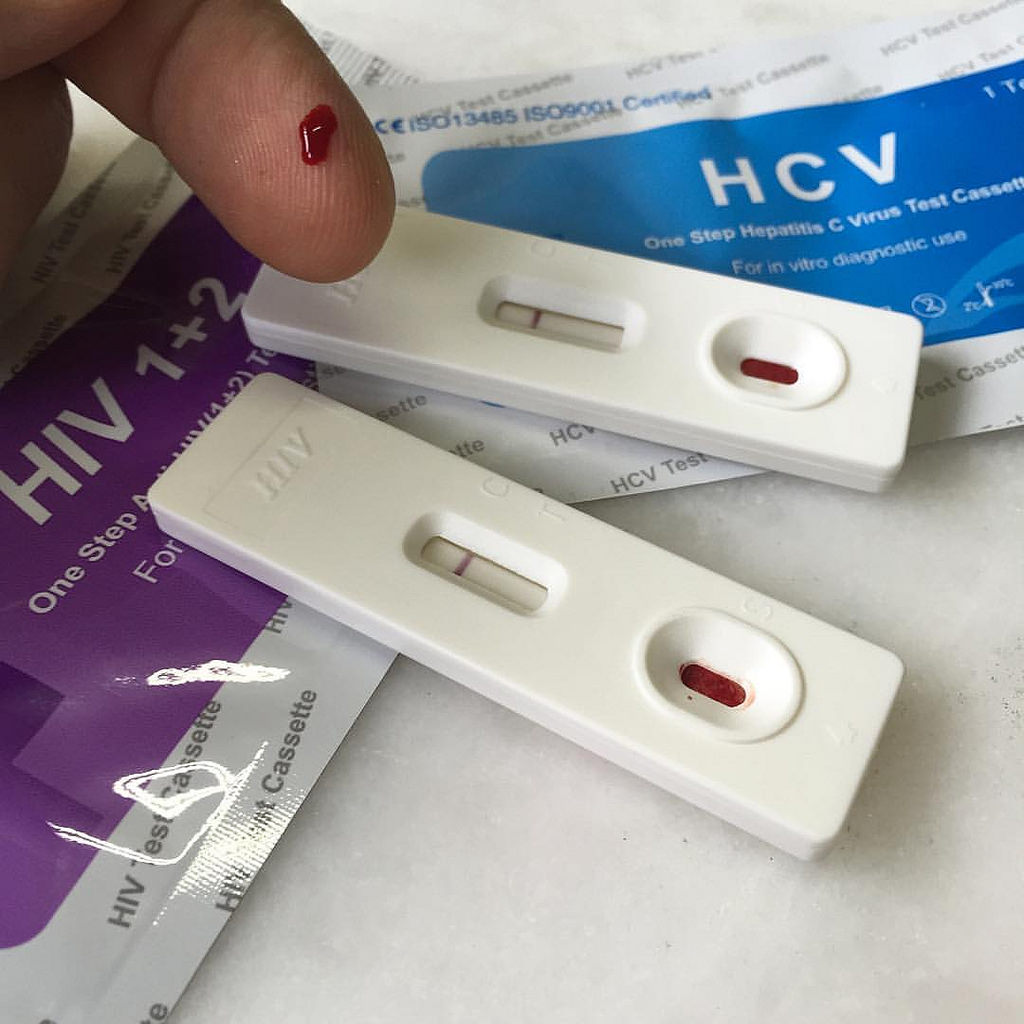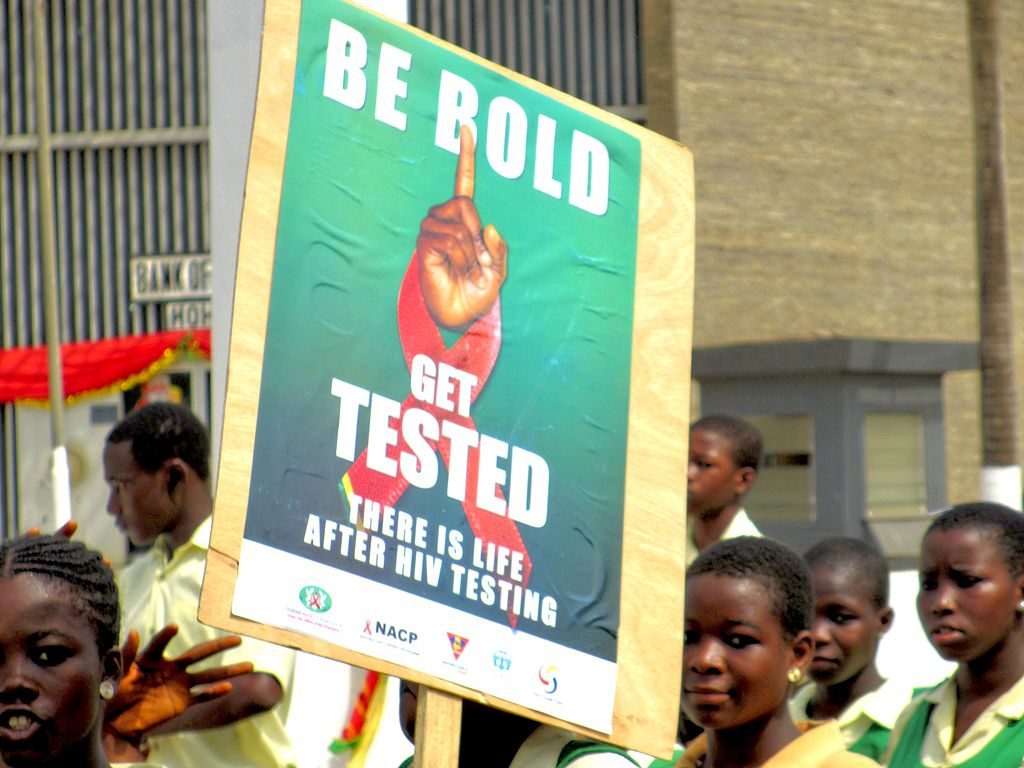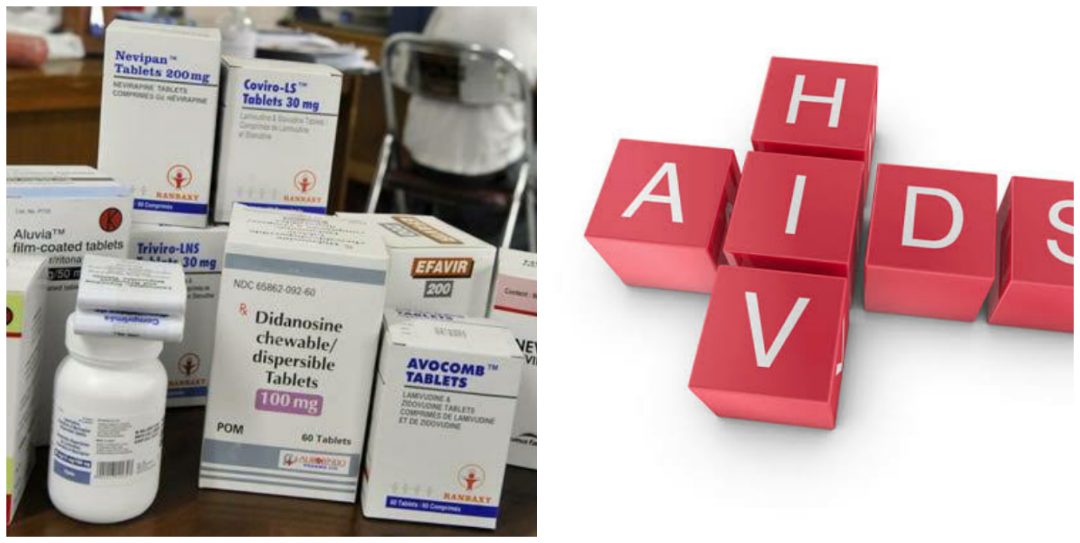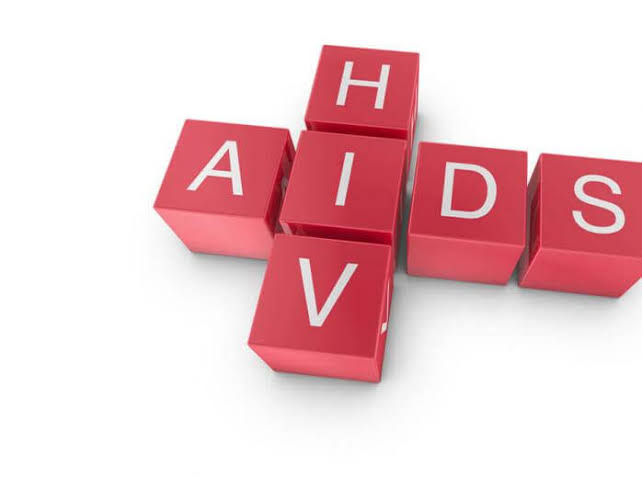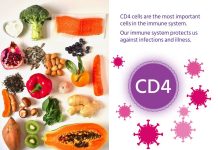How many HIV tests do you know? Why know your HIV status? There are many reasons for wanting to get yourself tested for HIV. They are:
- You have had sex. Whether protected or unprotected.
- You shared an sterilized needle or blade.
- About to get married (compulsory HIV testing as recommended)
- In a new relationship.
- You are starting a new job especially for health workers.
- You have got a tattoo in a shop in which you have doubts about the instruments.
- None of the above but you just want to know your status.
Some of the the different tests that may be carried out to determine whether somebody is HIV positive or not are discussed below. It is important that all suspected cases of HIV/AIDS should be referred to the hospital or counselling and testing centres for confirmation of diagnosis.
HIV antibody tests detect antibodies formed by the immune system against HIV. In order to test positive, the person would need to have been infected long enough to develop antibodies (usually 6 weeks to 6 months)
1. Rapid diagnostic test
This is a basic serological test. The rapid test is useful in situations where immediate results are important to manage decisions. It is the test done in most private hospital for HIV. The rapid diagnostic test provides results between 10 to 15 minutes. It has a sensitivity of 100 percent and a specificity greater than 99%.
The rapid test for HIV is free in public hospitals but between N1,000 to N2,000 naira in private hospitals. There is a do-it-yourself HIV test kit for people who value their privacy. This HIV test kit price/cost is about N3000 to N5,000 naira and it is available on big pharmacy stores and online supermarkets like Jumia, Konga, Amazon, Alibaba and Ajebo.

Rapid test is the commonest of the HIV tests Credit: Wikimedia
For any positive results, confirmation is required, perhaps, using a second rapid test, for antibodies to another part of the virus and the patient is reported as positive. If the test is negative, there is no need for a second test and you are recorded as negative.

HIV tests: Know your status today. Be bold.
Credit: Wikimedia
2. Enzyme-linked immunosorbent assay (ELISA)
This is a advanced serological test. ELISA tests for a number of antibody proteins in combination. It is a very sensitive test, but not very specific. With this test, positive result needs to be confirmed by Western Blot or different ELISA test.
3. Western Blot Test (WBT)
This test is used as a confirmatory test. It is a very specific for for HIV. Antibodies to only a selection of viral proteins may yield an indeterminate Western blot. The cost of Western Blot test is about N10,000 in advanced laboratories like Pathcare, Raytouch or SynLab.
4. Viral load
Also known as DNA polymerase chain reaction (PCR), viral load assays, PCR test or bDNA test. The HIV viral load test is used to detect the changes in the amount of HIV in blood. Since viral load can go up briefly when someone has infection, or had just been vaccinated, single viral load results do not matter as much as the trend in the viral load results. If the viral load goes up and stays up, this is worse than it goes up and then goes down.
Changes in viral load after starting treatment with antiretroviral drugs are the best predicator of whether or not treatment will delay the development of AIDS. The length of time that the viral load is kept below 5,000 copies on treatment is clearly related to the length of time for which the disease progression can be delayed. It is currently recommended that viral load should be reduced to below 50 copies for ideal outcome of treatment. However, a reduction to somewhere between 400 to 5,000 copies will nevertheless have a very good long- term clinical benefit.
READ ALSO: When is somebody declared to be HIV positive?
HIV viral load can be done in big labs like Pathcare, Synlab, Union Diagnostics and in Teaching Hospitals across the federation. If your are in Lagos, you can have your HIV viral load test done at the Nigerian Institute of Medical Research (NIMR) in Yaba. The cost of viral load is around N5,000 to N8,000 naira. It may also be free if you are registered on PEPFER.
5. CD4 count, one of the HIV tests for monitoring treatment.
Changes in CD4 cell count are helpful in showing the level of damage to the immune system and the extent of improvement in drug therapy being administered. CD4 cell count is measured by testing the blood, so you will often be asked to give a sample of your blood. A normal CD4 count in any person without HIV varies between 500 to 1,600 cells/ml. HIV infected people have a CD4 count that is less than 500cells/ml. Depletion of CD4 is the most consistent and notable laboratory abnormality observed in HIV disease. Immediately after HIV infection your CD4 cell count is likely to fall to a level several hundred cells below the previous normal level. The average decline of in CD4 cell count each year is around 40 cells/ml. Every decrease of 100 cells/ml doubles the risk of developing AIDS.
The CD4 count of a HIV positive person may go up or down for reasons which have nothing to do with HIV infection. CD4 count can be affected by the time of the day the test is carried out, by colds and flu, smoking, and monthly period in a women. Smokers tend to have higher counts than non-smokers, and women tend to have higher counts than men.
The staging of HIV infection, recommendations for treatment with antiretroviral (ARV) drugs, and prophylaxis are based on the degree of immunosuppression. Knowing the baseline CD4 is of vital importance in assessing the patient.
Improvement in CD4 count is an indication of an effective management of the disease.
The cost of CD4 count is around N6,000 to N10,000 naira. It is free on PEPFAR.
******And One Other Thing******
The Window Period (i.e. time in which a person may actually be infected with HIV but tests negative) may take 6 weeks to 6 months (usually less than 3 months) to develop antibodies in order to test positive. A lady who test HIV negative is strongly counselled to return in three months for repeat testing. She should abstain from sex or practice safe sex while waiting for the next test, or else she would need to test 3 months later from the repeat test.
Read more about HIV tests on Centre for Disease Control (CDC)

















